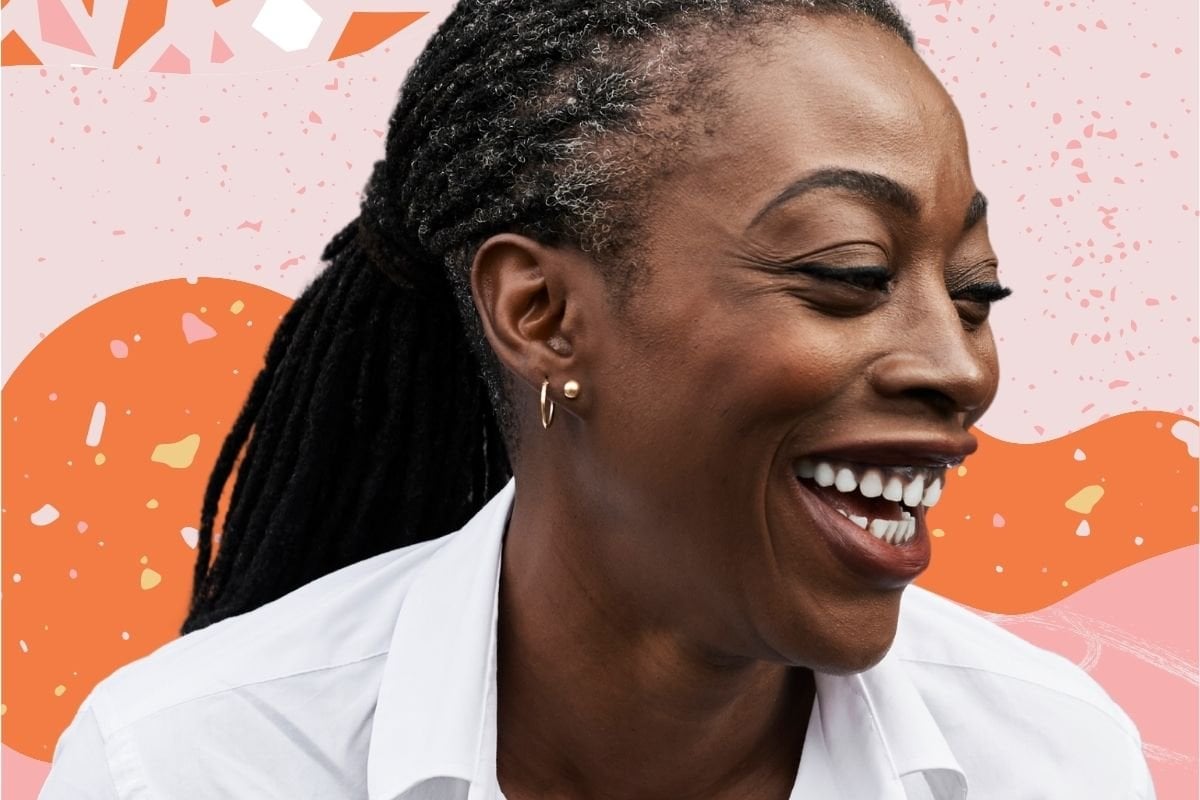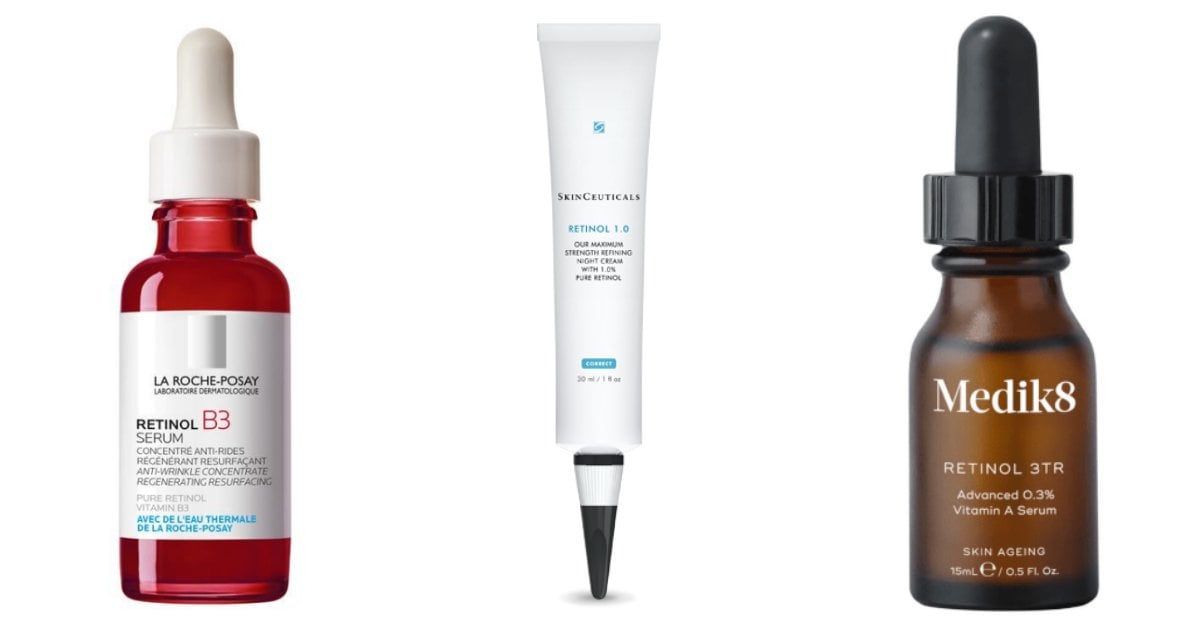
Hold up. Before we get into this, we just want to make it clear that spending money on a new skincare routine every time you have a birthday isn't a thing you have to do. Like, at all.
While the marketing wizards might want to make you believe you need a whole slew of new products every time you hit a milestone (so sneaky), the fact is that our little ol' skin's wants and needs remain pretty consistent as we age.
However! The issue is that most of us have done some pretty s**tty things to our skin in the past (oh hey tanning oil, we didn't see you walk in), which means there are some things will almost *definitely* come back and haunt us as our skin ages.
How fun!
Watch: Here's the best part of being in your 40s and beyond. Post continues below.
What's more, menopause (which usually occurs between 49 and 52 years of age) can also wreak some serious havoc on your skin.
Y'see, your oestrogen levels - which do everything from stimulating new skin cells to increasing hyaluronic acid and collagen production - take a big ol' nose dive during this time. Like, they decline to 50 per cent by age 50, then pretty much bottom out post-menopause.
